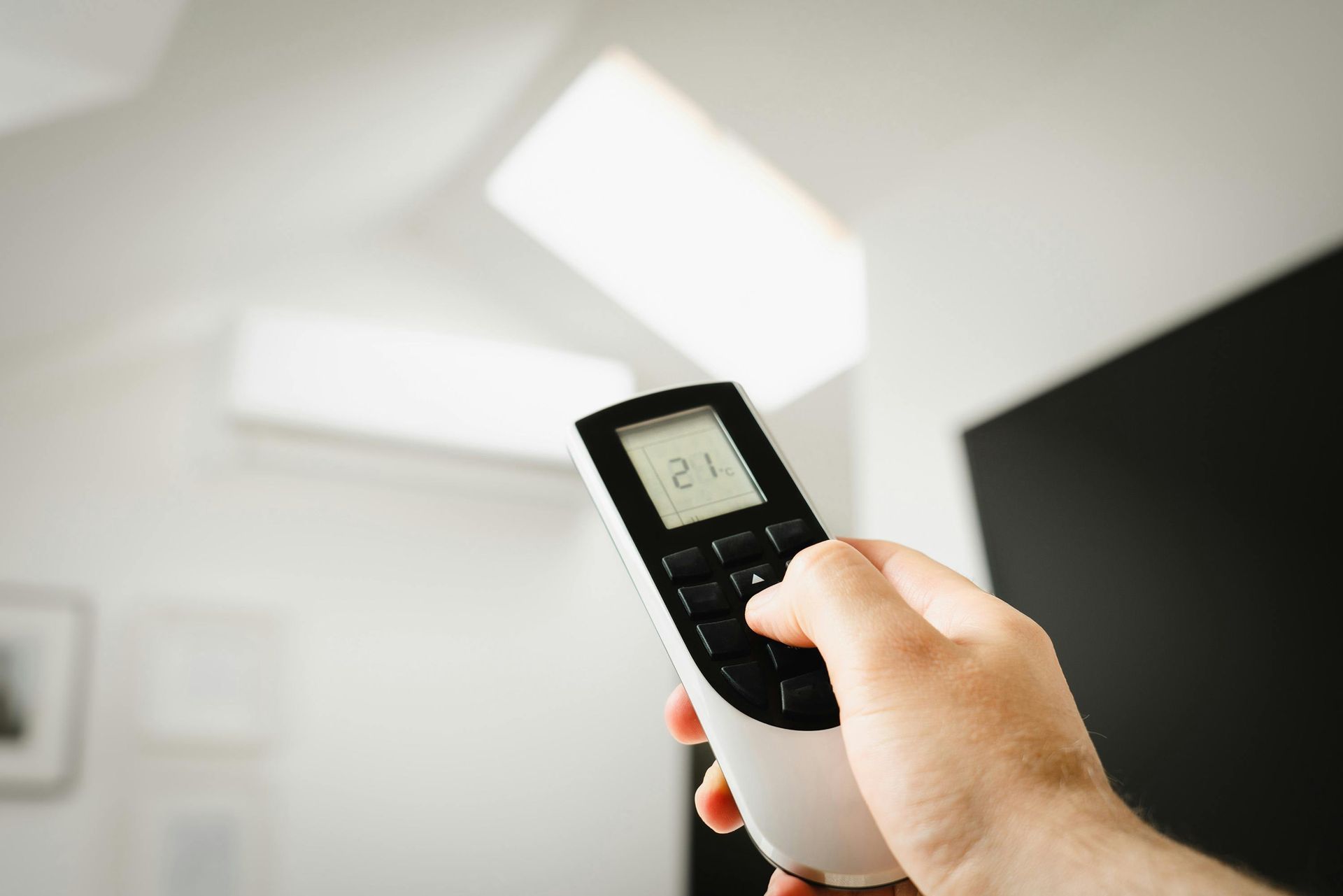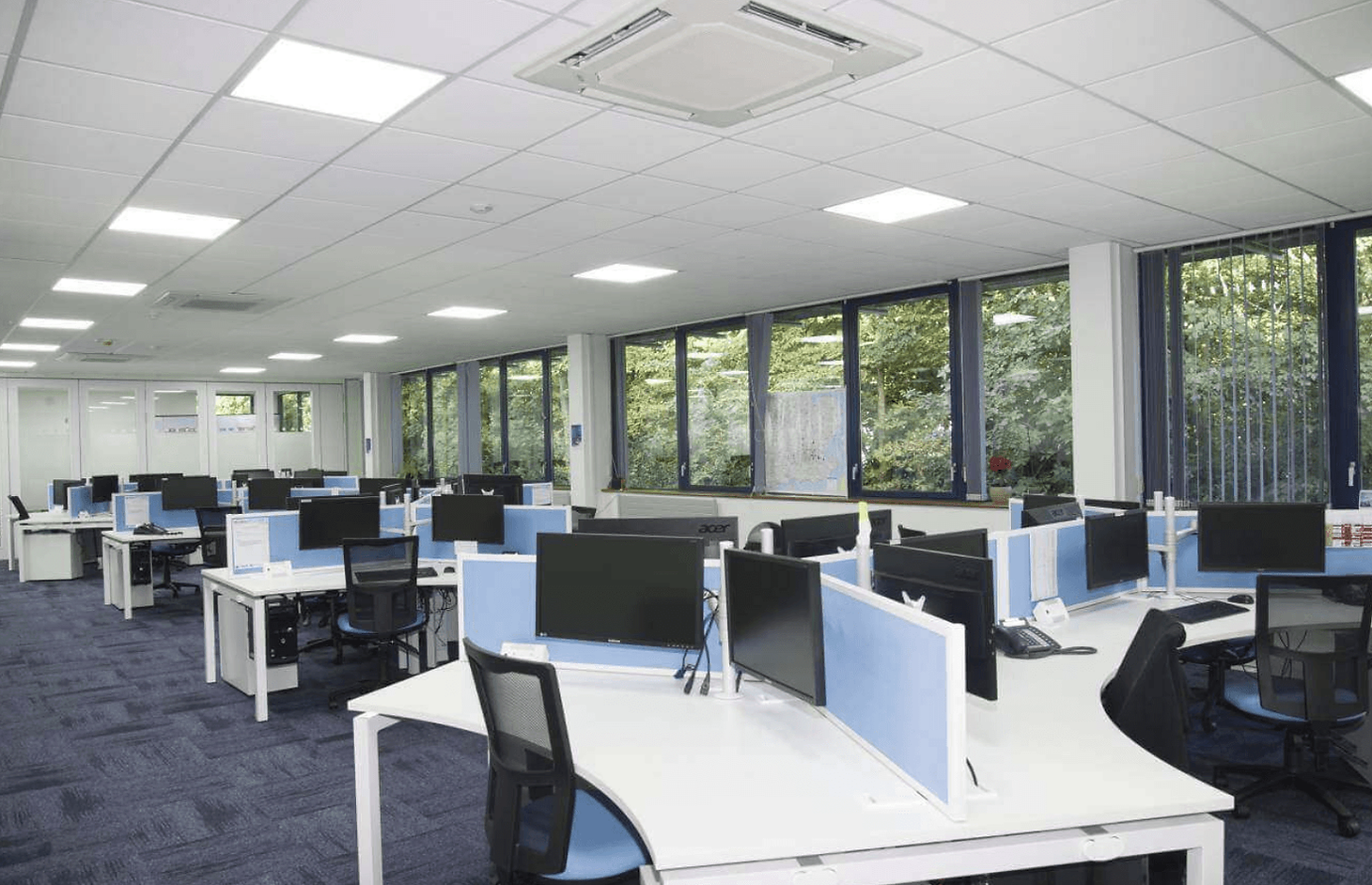12 PROVEN WAYS TO SAVE MONEY WITH YOUR COMMERCIAL HVAC SYSTEM
12 PROVEN WAYS TO SAVE MONEY WITH YOUR COMMERCIAL HVAC SYSTEM
Many business owners see commercial heating and cooling systems as a huge expense, however effective management of a commercial HVAC system ensures this is not the case. Effective management is essential for reducing energy consumption, lowering operational costs, and ensuring a comfortable environment is maintained for your employees and customers.
Commercial heating and cooling systems are commonly responsible for a high portion of a business's energy expenditure since they often operate for long hours each day.With the right strategies, businesses can lower utility costs while improving heating and cooling system efficiency and longevity.
Whether you’re responsible for an
office heating system,
restaurant heating system, or
warehouse heating system, these 12 proven strategies will help you save money with the
installation of a commercial heating system, while maintaining optimal performance.
1. Optimise Temperature Zones With Commercial HVAC Systems
Temperature zoning with commercial heating systems allows you to control the climate of your workplace in different areas of your building on an independent basis. With this, you can set different temperatures for an office heating system compared to a warehouse heating system.
Since temperature zones only heat or cool areas that are in use, you can significantly save energy and reduce your HVAC system’s workload. Installing a smart thermostat can automate temperature zoning to ensure energy isn't wasted during closure or spaces that are not in use.
2. Perform Regular Commercial HVAC System Service & Maintenance
Scheduling regular commercial heating system service and maintenance is crucial for ensuring your system runs efficiently. This routine maintenance ensures that your commercial HVAC unit operates optimally, reduces energy consumption and prevents costly breakdowns.
In particular, for a HVAC system tasks like cleaning filters, checking refrigerant levels and inspecting electrical components should be performed at least twice a year and if they’re not performed you risk system breakdown. It's important to note that regular servicing can extend the lifespan of your heating and cooling system, saving you the hefty costs of premature replacement.
3. Upgrade Your Old Commercial HVAC System To An Energy-Efficient Alternative
Investing in an
energy-efficient HVAC
system can significantly reduce your energy usage saving you money. Newer system models are designed to provide the same level of comfort, whilst consuming far less power. Upgrading to systems such as advanced heat pump systems can drastically cut your HVAC operational costs and in turn, reduce your carbon footprint. Upgrading to a modern system will mean you have a more reliable systema and can save your business money in the long term.
4. Utilise A Commercial HVAC System Smart Thermostat
A smart thermostat can automatically adjust HVAC system temperatures based on your business operational hours to reduce heating or cooling during non-working hours, ensuring no energy is wasted. By integrating these devices with your
commercial HVAC system, you can significantly optimise system performance and avoid unnecessary temperature fluctuations.
READERS ALSO LIKED: 'What To Expect During An Air Conditioning Installation'
5. Look Beyond The Commercial HVAC System
Often saving costs extends beyond your HVAC system, consider investigating the efficiency of you windows and doors. Improper insulation and gaps around windows and doors can cause heated or cooled air to escape. In this scenario, escaped air will be forcing your
commercial HVAC system to work harder and will be increasing your utility bills. This improvement not only makes your heating and cooling system more efficient but also creates a more comfortable environment.
6. Implement HVAC Planned Preventative Maintenance (PPM)
Planned preventative maintenance (PPM) is a critical strategy for minimising unexpected repairs and ensuring your
commercial HVAC system operates efficiently. Arranging regular PPM, such as checking air filters, testing thermostats and inspecting ventilation ducts reduces the likelihood of costly heating and cooling system failures. PPM works by catching issues early, to avoid expensive repairs, ensures your system continues to operate optimally and increased system longevity.
7. Regularly Change HVAC System Air Filters
If your system has clogged air filters, it will impact airflow and force your
commercial HVAC system to work harder than necessary. Working harder than usual will lead to increased energy consumption, higher bills and higher repair costs. The solution for this is changing air filters regularly to ensure your HVAC system runs efficiently. This will also reduce wear on the system and improves indoor air quality.
8. Check HVAC Systems For Leaky Ducts
If your HVAC system has leaky ducts it will allow air to escape, this can cause significant energy loss. In turn, making your system work hard to distribute air that's leaking. If your system is working hard to distribute air that’s leaking, it will mean wasting energy and increasing your energy bills. By sealing and insulating your ductwork, it will ensure that air flows efficiently throughout the building and reduce the load on your commercial heating system whilst improving your energy savings.
READERS ALSO LIKED: '5 Signs Your Air Conditioning Unit Needs Repairs'
9. Keep Windows & Doors Closed During HVAC Operation
Consider looking beyond the actual HVAC system. One of the simplest ways to ensure your
commercial HVAC system runs efficiently is by ensuring that windows and doors are closed when the system is operating. Opening windows or doors will allow warm or cool air to escape your commercial building and will force the system to work harder to maintain a consistent temperature. For
retail heating systems or
office heating systems, this can lead to high unnecessary energy costs. It is advised for you to encourage staff to be mindful of the HVAC system and keep doors and windows shut, especially during peak heating or cooling times to maintain a consistent room temperature.
10. Schedule HVAC Systems Inspections & Tune-Ups
If you have a heating and cooling system that hasn't been inspected, it might be time. HVAC inspections can identify system inefficiencies or potential issues before they turn into a costly problem. By planning routine tune-ups for professionals to assess the refrigerant levels, clean coils and check for any worn-out parts, you'll ensure the system performs at peak efficiency for a longer period of time. Annual HVAC system inspections should be part of your regular planned preventive maintenance routine.
11. Educate Employees On The HVAC System
Energy-saving efforts don't end with the HVAC system itself; educating employees on energy-efficient practices can make a big difference. Encourage employees to turn off lights and equipment when not in use and adjust thermostats to more energy-efficient settings. These small habits can contribute to larger savings over time.
12. Choose The Right HVAC System For Your Property
Selecting the right HVAC system is key to reducing costs and ensuring comfort. Consider the size of your space, the number of occupants, and your business needs. Office heating systems need to maintain steady temperatures, while restaurant heating systems should avoid excessive warmth. Larger spaces, like warehouses, require more robust systems for even airflow.
Choosing the correct size ensures energy efficiency, reduces wear on your
heating and cooling system, and cuts down on commercial heating system repairs. An energy-efficient system tailored to your building’s needs will save money on utilities and long-term maintenance. For more details on selecting the right system, check out our guides on HVAC system installations.
What Are The Next Steps For Saving Money With Commercial Heating Systems In Your Business?
Implementing these 12 proven ways to save money with your commercial HVAC system can lead to significant cost reductions and improved efficiency for your business.
Whether you're managing an office heating system, restaurant heating system, or warehouse heating system, these strategies apply across most commercial industries.
By combining regular service and PPM with upgrades to energy-efficient systems and correct operational practices, you can keep your commercial HVAC system running efficiently, saving both energy and money.
EXPERT ADVICE






